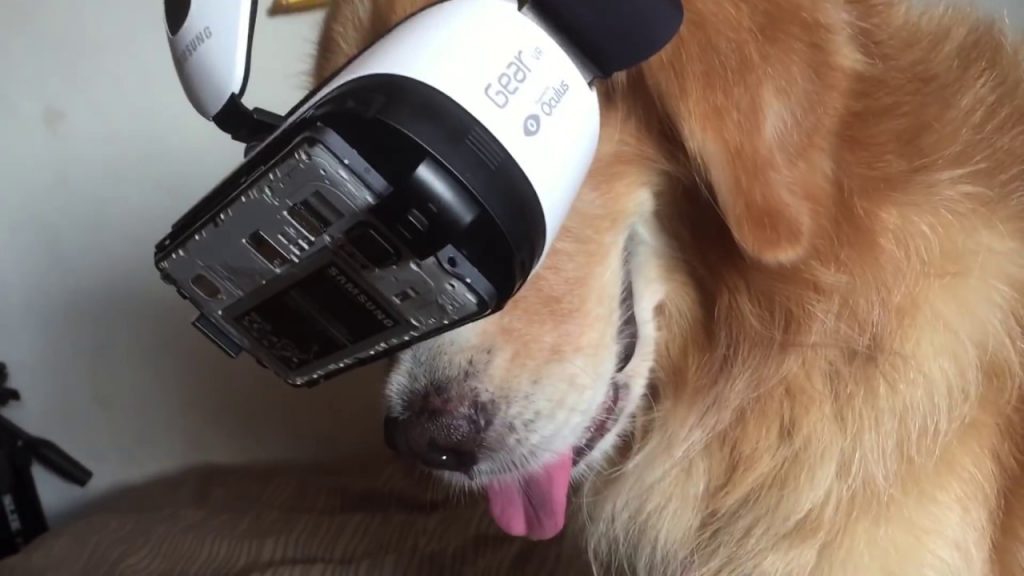VR for animals has been on the rise over the past few years, with more and more households owning a virtual reality headset for recreational use. Even gaming giant PlayStation has got in on the act. You can even get your hands on high-quality VR cases from companies like the Case Farm.

Alongside this exponential rise of humans using VR as a means of fun, it turns out animals are also being introduced to VR. Scientists are using VR devices to study the minds of animals, but has it all gone too far? The questions of animal welfare have been raised by many, which is why we’re exploring how (and why) animals are being subject to VR – and whether it’s humane to do so.
Caged chickens could ‘roam free’ with VR
Austin Steward, a design professor at Iowa State University, has proposed that VR could be used to trick chickens into thinking that they are free-range – when they are actually contained within small cages along with thousands of other chickens. It’s thought that the chickens will be much happier thinking they are roaming free, but this has raised many moral questions – even with those who aren’t opposed to animal testing for science.
The good news is it was just an idea (and somewhat of a joke) to generate discussions around animal welfare… but could we be heading towards this?
Playing VR games with fish
This one doesn’t involve a VR headset specifically, but scientists are instead projecting virtual environments onto a screen whilst assessing how the fish respond. It’s thought that this form of research can help scientists learn about their behavior like never before. In fact, it can even assess how animals learn about their environment and how they behave towards other animals.
Creating virtual worlds for lab mice
Animal testing has been an important but highly contested form of research for centuries. We all know the story of Pavlov and his dogs (classical conditioning) and Skinner and his rats (operant conditioning) – but what about Saleem and his VR-equipped rats?
Neuroscientist Aman Saleem watched on as a mouse scurried down a virtual hallway (while running on a foam wheel) in order to assess how its brain cells at work. Saleem believes VR testing on animals is essential as it allows scientists to create a real-world environment for the best results. They can even manipulate certain factors within the virtual world much more so than in the real world. However, with this, comes much controversy.
Has animal testing gone too far?
With VR for animals being in its early stages, it’s difficult to tell if there are any harmful, long-term effects. However, there are certainly many moral issues that have been raised. As humans, we can consent to use virtual reality technology, but animals cannot provide this consent.
Animal testing has been a controversial subject for many years now – and VR testing is no different. Many global cosmetic brands have banned animal testing in recent years, but scientists have often avoided controversy due to life-changing and life-saving research brought about by their testing. However, many argue that VR could be harmful to animals when they lose a sense of what is actually real.
Let us know your thoughts in the comments below. Is such research important or simply unnecessary?
 World inside pictures Collect and share the best ideas that make our life easier
World inside pictures Collect and share the best ideas that make our life easier








